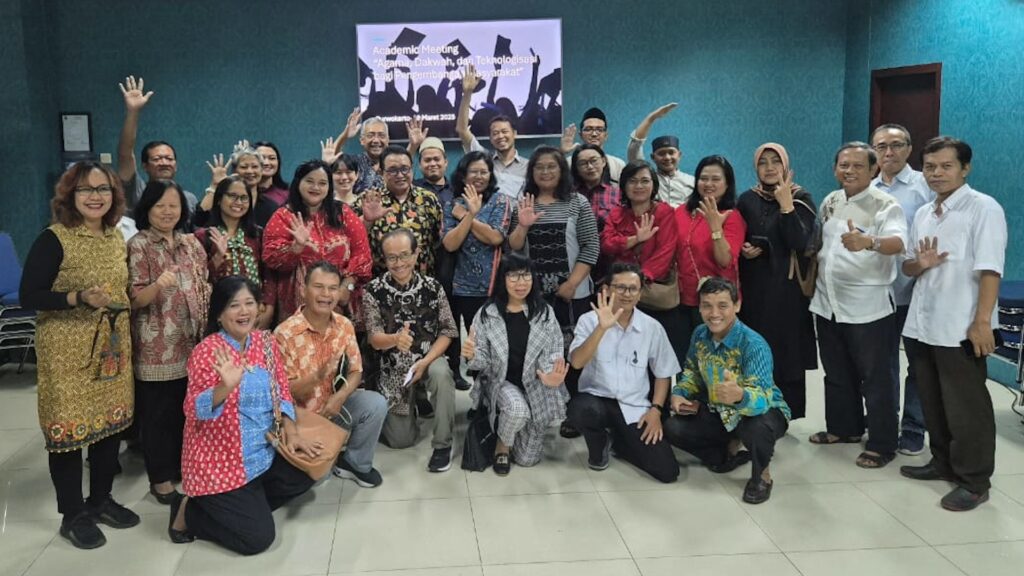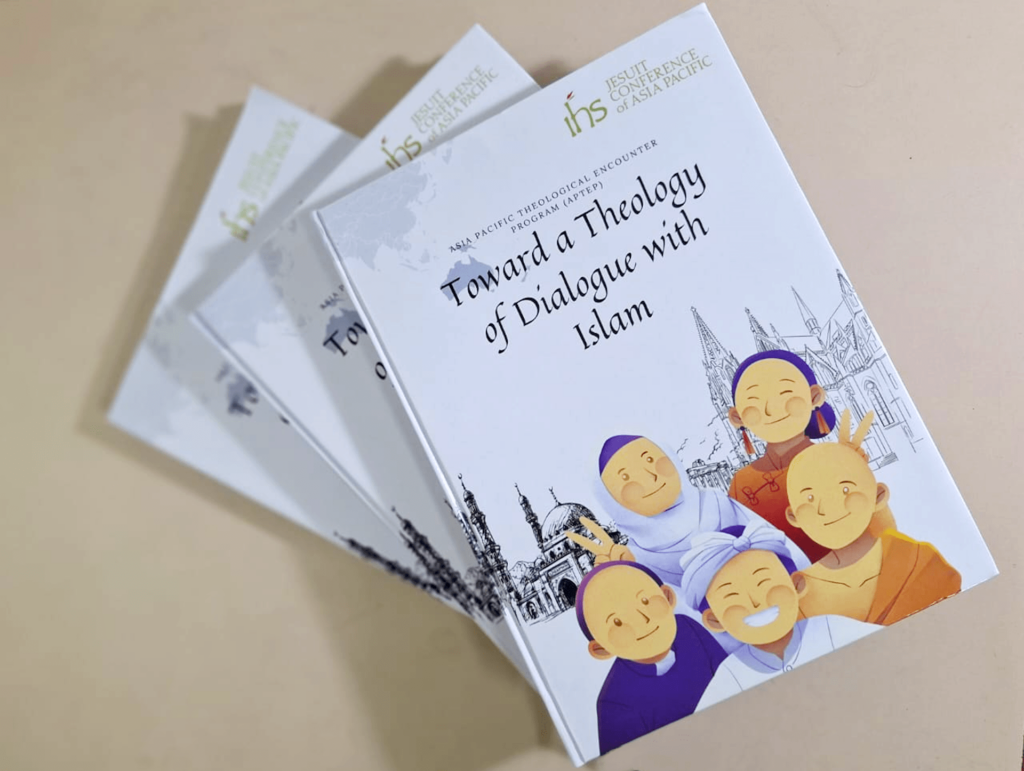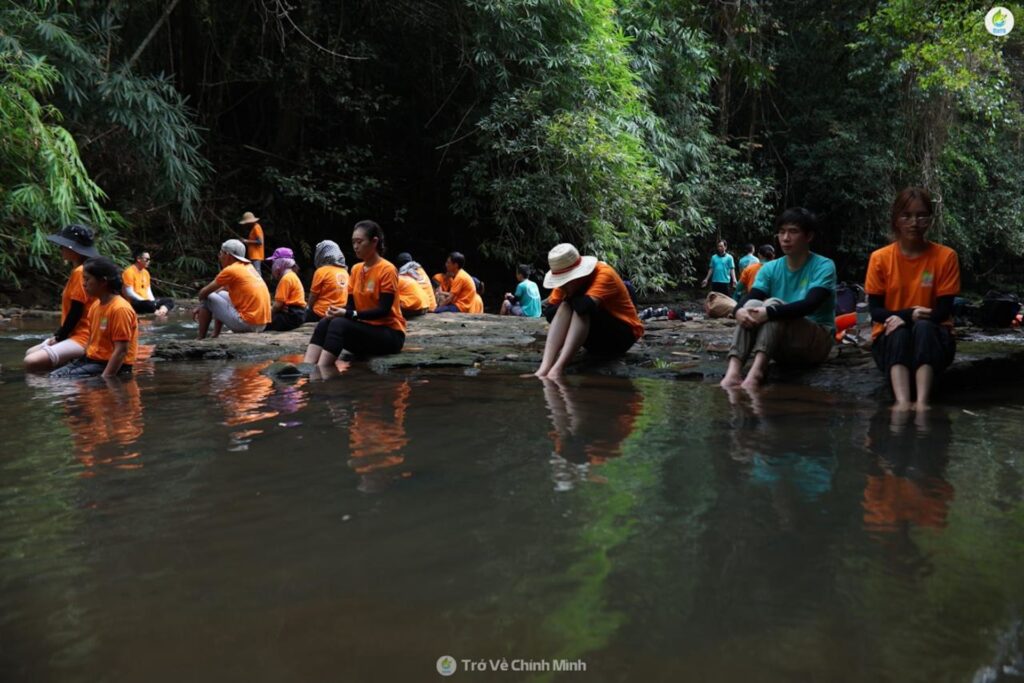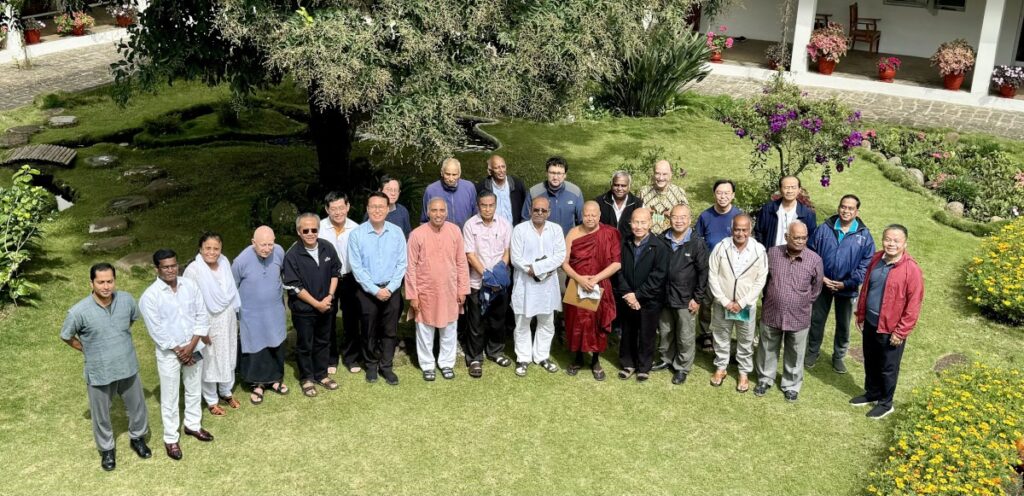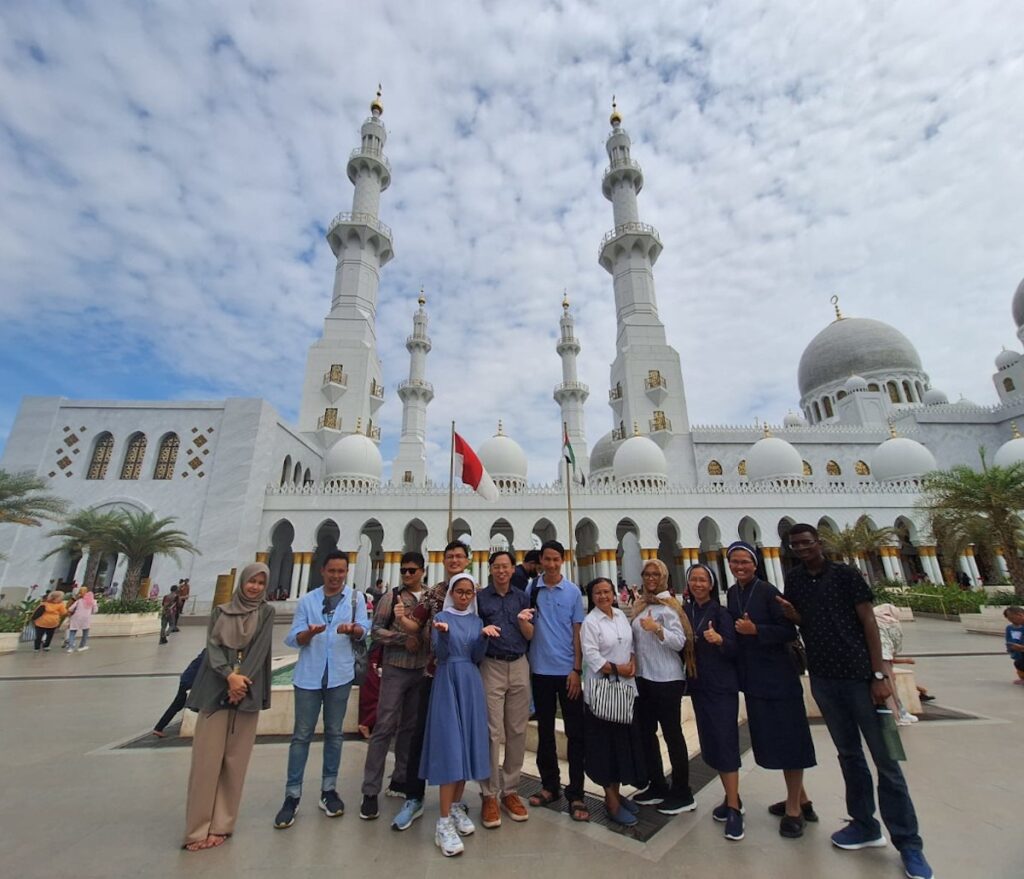Deacon John Joseph Zhang SJ from the Chinese Province shares his experience of the East Asia Theological Encounter Programme (EATEP) 2014 held in Chiangmai, Thailand from April 28 to May 17.
When I was studying in a faculty of theology, I read an article of Fr Michael Amaladoss, the famous Indian Jesuit theologian, titled “Is There an Asian Way of Doing Theology?” Since then, I remembered the name of Fr Amaladoss. I had the chance to meet him when he visited our Jesuit community in Taipei and gave an inspiring talk to the scholastics. I feel very grateful to have been sent to the EATEP this year and to be able to listen to his lectures.
His talks are very rich and it takes time to fully absorb them. My first impression is that his efforts to develop Asian theology have borne much fruits and his determination to pursue a fully grown Asian theology is a necessary endeavour for nurturing healthy Asian Catholic churches. May the Holy Spirit lead all the Asian theologians in this challenging, yet rewarding path.
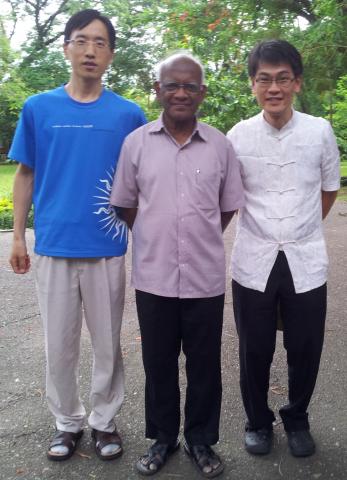
Fr Amal offers an analytical framework for integral liberation. The framework has six elements with three poles: economics-politics, person-society, and culture-religion. All elements are connected, each influences all the others. In order to promote integral liberation, there is so much work to do. For example, Catholics and others need to promote social justice, democracy, human rights, social communion, and so on.
Fr Amal said that we need to understand the social reality and traditional culture of a particular country. For example, in many Asian countries, there is corruption and poverty. There are also meaning systems, which are different from the Greco-Latin cultures, such as in Hinduism and Confucianism. Therefore, dialogues between the Gospel and the local religions, cultures are necessary and very much needed. A healthy attitude for dialogue is to “recognize, respect and 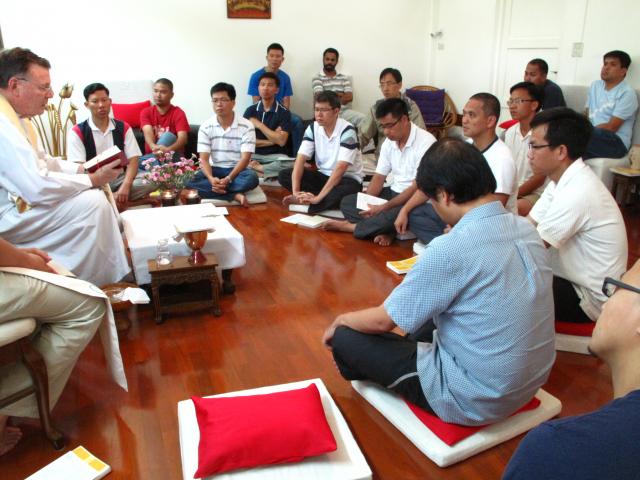
A good leader will have great and very positive influence on the others. In the Church, theologians are also leaders; they help others to deepen their faith and articulate better their religious experiences. Fr Amal is one of these kinds of leaders I pray for the Church in Asia and may God send more and more theologians who are committed to an Asian way of doing theology.
The East Asia Theological Encounter Programme (EATEP) of the Jesuit Conference of Asia Pacific provides transformational opportunities for Jesuits to deepen their dialogue with people of different faiths and enrich their perspectives on theology in Asia. It examines issues of Asian theology, inculturation of the Catholic faith in Asia, and inter-religious dialogue. Established in 2006, the programme is held annually at the Seven Fountains Spirituality Centre in Chiangmai, Thailand.
EATEP includes lectures, discussions, tours of sites with religious and historical significance, and an immersion experience in Buddhism through a Vipassana Meditation retreat. Fr Michael Amaladoss SJ, Director of the Di Nobili Institute in Chennai, gives the lectures on Inter-religious Dialogue and Contextual Theology in Asia.


